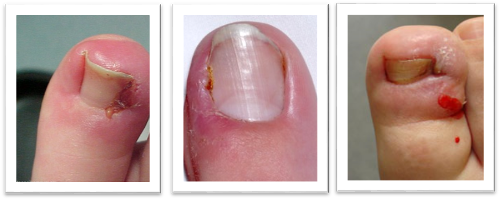To perform at your best you need to be training at your best. It is important while running that you avoid injuries from occurring. More often than not, runners don’t understand why they continuously develop running injuries.
I’ve provided you with 10 simple tips to make sure your next run is injury free.
1. Improve and maintain your flexibility
By undertaking daily stretching this will ensure that all muscles remain in a stretched and extended position. While daily stretching can help this it is also important that before exercise that you warm up for at least 10 minutes. Certain activities that can be used for warming up include these dynamic activities such as skipping, knee high drills and arm circles to name a few.
2. Strength training in your running program
By incorporating strength training in your running program it helps to reduce muscle fatigue, which is often the cause of poor performance and injury throughout the season. For there it be a benefit you will need to look an added 2-3 sessions of strength training a week. Activities such as weight lifting, plyometrics and running up hills are a great start to improving your overall strength.
3. Stay hydrated and eat a balanced diet
It is important to stay hydrated and eat well prior to running to ensure you are performing at your peak. It is important to make sure that you are drinking fluids about every 15- 20 minutes in which you are exercising.
4. Warm up and cool down before and after all runs
By warming up and cooling down it enables all the lactic acid built up within the body to be removed effectively. This in turn will assist in reducing the amount of muscle tightness and fatigue you may experience the next day.
5. Gradually increase mileage
More often than not, new runners go too hard too soon increasing your risk of developing a running related injury. By increasing your mileage gradually, it will allow for a better performance. Each week your should gradually increase your milage, volume and intensity by about 5-10% each week.
6. Cross train and include rest days
Cross training allows you to maintain your fitness without the added impact of running on hard surfaces. It is important to allow your body to rest and recover with appropriate rest days. So making sure that you don’t run everyday and incorporate stretch training.
7. Talk with a running expert
Often injury and poor performance occurs due to a poor training program. Having someone analyse your training program will help to improve your performance and reduce the risk of injuries occurring.
8. Wear the correct running shoes
Wearing the correct running shoes is just as important as your performance. To find out more about wearing the correct running shoes read our blog about choosing the correct running shoe today.
9. Formal gait assessment
Having your podiatrist assess your walking and running gait as assist in determining poor biomechanics or foot pathology that you might not be aware about. Most runners are able to correct poor biomechanics with an orthotic device.
10. Having a smooth running form will allow for a reduced amount of energy and delay the amount of fatigue that is experienced within the muscles.











